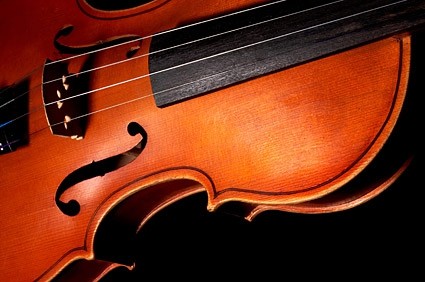As from 2016, following a visit to New Lanark where Robert Owen took over from his father-in-law, David Dale the founder of the cotton mill, I am researching this project with a view to composing an orchestral piece with chorus and soloists.
Robert Owen, is recognised as one of the founders of the Cooperative movement and trade unions in the 19th century.
Amongst academics, there is a stunted flirtation with the establishment as Robert Owen is mostly shown to be contradictory and possibly his own worst enemy. He was not a dedicated Christian but was a wealthy industrialist having made a fortune out of the mill workers who he stated he represented. These contradictions were clearly explained by Frederick Engels in ‘Socialism: Utopian and Scientific’ when he wrote: “Robert Owen had adopted the teaching of the materialistic philosophers: that man’s character is the product, on the one hand of heredity; on the other, of the environment of the individual during his lifetime, and especially during the period of development. […] His [Robert Owen’s] advance in the direction of communism was the turning point in Owen’s life. As long as he was simply a philanthropist, he was rewarded with nothing but wealth, applause, honour, and glory. He was the most popular man in Europe. Not only men of his class, but statesmen and princes listened to him approvingly. But when he came out with his communist theories, that was quite another thing. […] Banished from official society, with a conspiracy of silence against him in the press, ruined by his unsuccessful communist experiments in America, in which he sacrificed all his fortune, he turned directly to the working class and continued working in their midst for thirty years…”
Robert Owen was a very interesting man and I intend to bring him to the attention of the world by portraying his story through music…
Category Archives: Blog
Aubrey Bowman
Aubrey Bowman died in December 2009 having lived a very busy musical life. Aubrey Bowman,you may be interested in this item. Continue reading
Woking Palace
This piece for orchestra followed completion of my research into the Tudor Period.You can listen to it in the Music page.
My Factory Girl’s Last Day
This is a very sad song based on the exploitation of children in factories in the early Nineteenth century.
It can be seen in the Music page
Tomorrow is the Day
This is a song in jazz idiom and listed in the Music page. It is drawn from the experience of a divorcee who was badly treated by her husband.
What is Music?
Music, whether vocal or instrumental, consists of varying degrees of pitch, volume and duration. Continue reading
About Hubs
Are Hubs Really a New Model for Music Education?
Having read Hazel Davis’s article, ‘Are Hubs a New Model For Music Education? I asked myself whether or not it really was too early to say that Hubs are a new model for music education. Continue reading
Instrumental Teachers’ Pay
Pay for Instrumental Teachers
The livelihood of some instrumental teachers is now being threatened, owing both to the pressure on their rates of pay and purchasing power, and the number of teaching hours dwindling due to lack of demand. Continue reading
How do we learn to play a violin?
The violin has four strings and a wooden bow holding horse hair. This simple idea is, in fact, the making of an incredibly beautiful sounding instrument which probably needs about 15 years of study to enable playing of the highest standard. Continue reading

What Music Should I use to Learn the Violin?
The following is a basic list which establishes a young violinist well on the road to success.
I suggest that Grades II, III or IV are good starting points for the student’s first exam depending on their ability and inclination. Some students learn very fast, some not so fast!
Continue reading